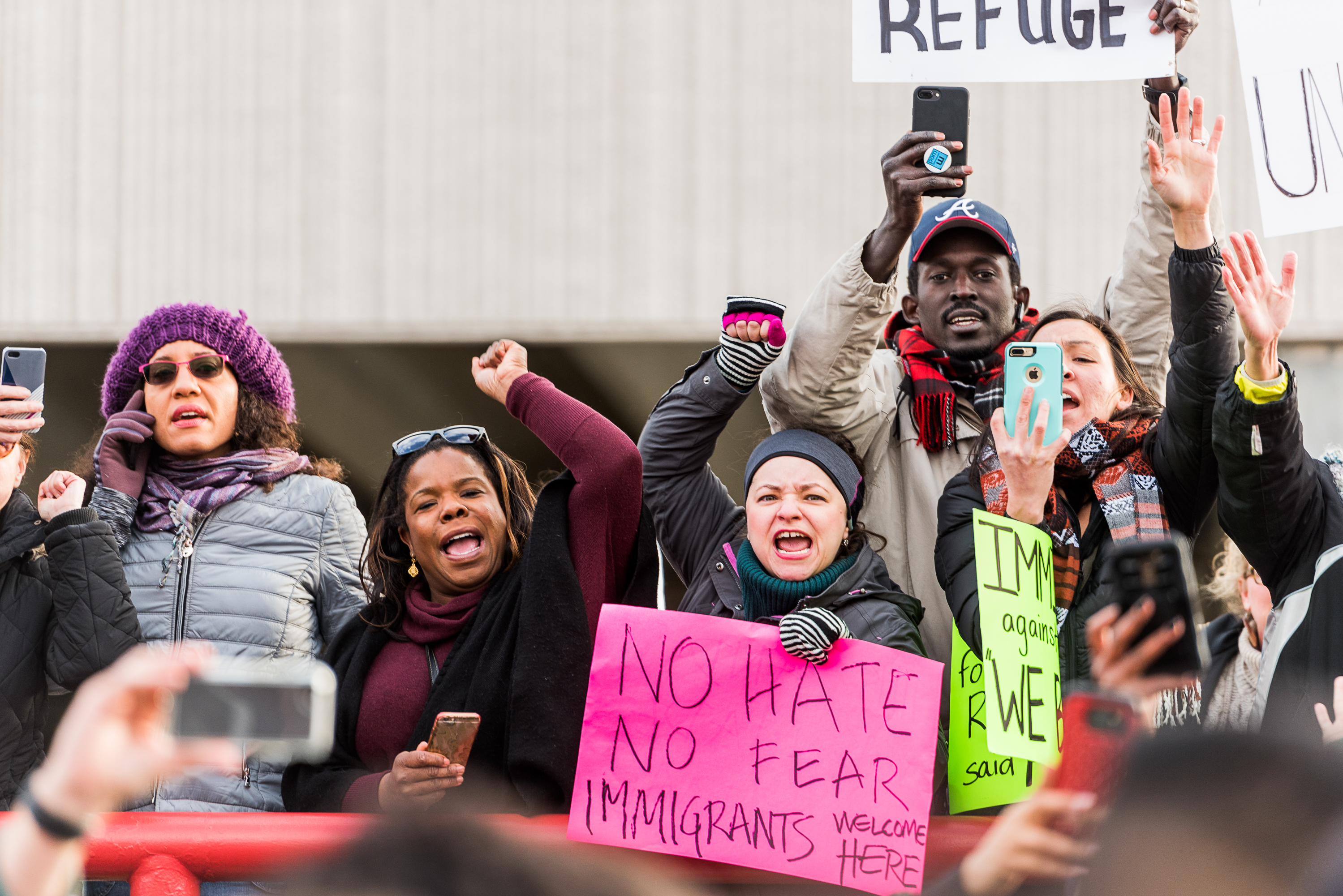Toni-Ann Hall, Staff Writer
 Let’s get hypothetical. Imagine if there was a private university that was infamous for its tumultuous ways, impossible-to-meet standards and equipped with a president who unjustly controlled every aspect of this educational system. Let’s say that this president was only viewed negatively to outsiders, but the students, faculty and staff of the university participated in an endless cycle of reverence to him or her. Imagine if details of other universities were hidden from anyone on the university’s campus for maintaining order. That sounds irrational and almost impossible to many, I’m sure.
Let’s get hypothetical. Imagine if there was a private university that was infamous for its tumultuous ways, impossible-to-meet standards and equipped with a president who unjustly controlled every aspect of this educational system. Let’s say that this president was only viewed negatively to outsiders, but the students, faculty and staff of the university participated in an endless cycle of reverence to him or her. Imagine if details of other universities were hidden from anyone on the university’s campus for maintaining order. That sounds irrational and almost impossible to many, I’m sure.
I remember seeing trailers of “The Interview”, a movie about the supreme leader of North Korea, Kim Jong-Un. I initially thought it was going to be a documentary, but I found out it was a fictional comedy about the successful assassination of this country’s leader. I forgot about the movie and several weeks later, radio stations, talk shows, newspapers and news television debated about Sony’s cancellation of this film’s release due to “9/11-style” cyber threats on Sony Pictures from hackers, according to FOX News. As soon as I heard about this release and the content of the movie, I completely understood why cancellation would be a feasible option.
My first thought about the film’s release was that it was “stupid.” Although it is impossible to retract my statement, I no longer completely agree with my original stance. I didn’t think there was any reason to want to release a film about killing a man who is widely viewed as demanding, controlling and inhumane toward others. It doesn’t seem as if it’s an innocent attack on one person, but a representation of an attack on an entire country.
After watching the film, and taking the actors, James Franco and Seth Rogen in to account, the dramatic and humorous scenes that are blatant additions of satirical interjections, such as Katy Perry’s song, “Fireworks” and the meme-worthy phrase, “They hate us ‘cause they ain’t us,” it’s difficult to take it seriously on a political level.
After my father purchased this movie on Google Play, I felt compelled to watch it mostly because I was curious to see how offensive it apparently was. I wasn’t prepared for the humor, nor was I prepared for the juxtaposition of a seemingly logical message, amidst the assassination plot.
I enjoyed the movie, but I took special notice to the bit about killing a leader not being the best method of putting an end to a dictatorial society, but proving to citizens that their leader isn’t as powerful and God-like as they all presumed. It touched on the fact that many times for change to occur, it’s not the problem that needs to disappear, but the mindset of those affected by said problem.
“We cannot have a society in which some dictator some place can start imposing censorship here in the United States, because if somebody is able to intimidate folks out of releasing a satirical movie, imagine what they start doing when they see a documentary that they don’t like, or news reports that they don’t like,” said President Obama at a news conference, according to CNN News. “I am sympathetic to the concerns that they face. Having said all that, yes, I think they made a mistake.”
This portion of Obama’s statement stood out the most to me. I thought it was confusing to once again have back-and-forth through broadcast media networks about a potentially serious threat, but still I found solace in this statement. It’s not simply about preserving a “funny” film – depending on one’s sense of humor. It’s about control. Although everyone does not agree with fact that America is indeed a “free” country, the feeling of inferiority is not one that the U.S. is apt to accept.
The possibility of a large-scale attack because of a tongue-in-cheek movie release from a nation that has 28 approved haircuts (Time), a reported one-third of the population being chronically malnourished children (USA Today), 2.83 percent of paved roads (CIA), and rated as the most corrupt country in the world, along with Afghanistan and Somalia as released by the Corruption Perceptions Index in 2013 – should not surprise anyone. It’s a drastic response, but they are capable of drastic measures.
Let’s diverge back to that hypothetical scenario. I doubt a university as described could exist in the US, but there are people and organizations like that, which crowd universities and implant themselves in societies all over the country – people that think they should always get their way, people that demand unmerited responses, people that go against common moral grounds and lack remorse. Being controlled on an individual scale is seen as bullying and discrimination, but to be threatened into keeping information from a country that allows freedom of speech, press and several others, is to start a war and a train of angry people that is unending.



